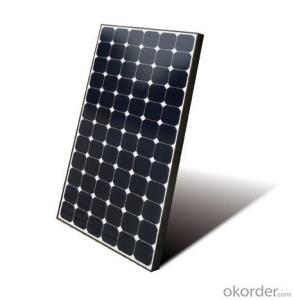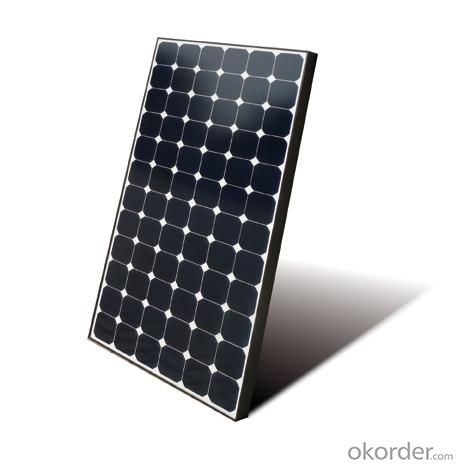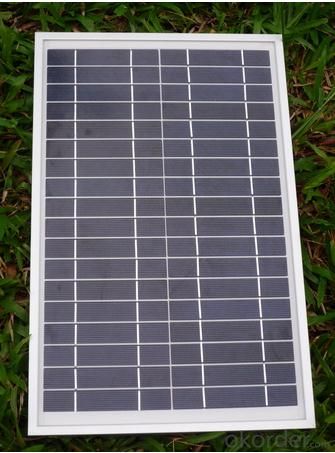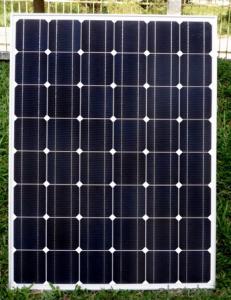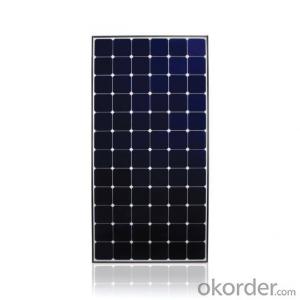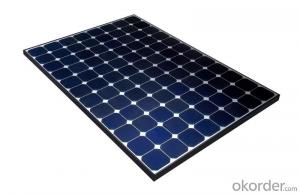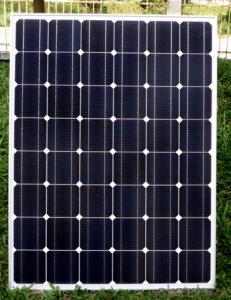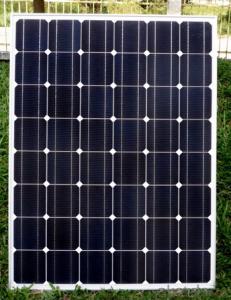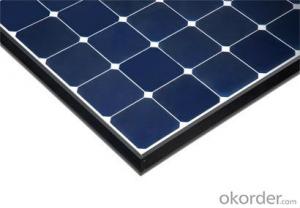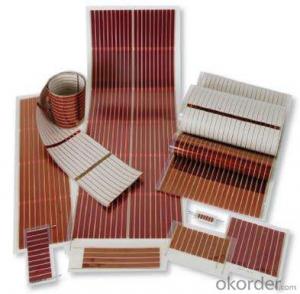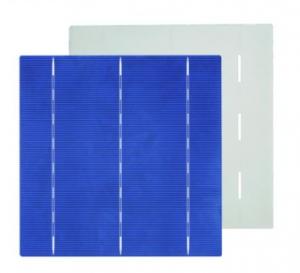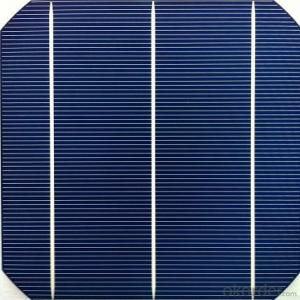Most Efficient Solar Cells:Poly Solar Panel 80W A Grade with 12 Years Warranty
- Loading Port:
- Shanghai
- Payment Terms:
- TT OR LC
- Min Order Qty:
- 100 watt
- Supply Capability:
- 1000 watt/month
OKorder Service Pledge
OKorder Financial Service
You Might Also Like
Specification
Poly Solar Panel 80W A Grade with 12 Years Warranty
Production description
Solar power is the conversion of sunlight into electricity, either directly usingphotovoltaics (PV), or indirectly using concentrated solar power (CSP). Concentrated solar power systems use lenses or mirrors and tracking systems to focus a large area of sunlight into a small beam. Photovoltaics convert light into an electric currentusing the photovoltaic effect.[1]
The International Energy Agency projected in 2014 that under its "high renewables" scenario, by 2050, solar photovoltaics and concentrated solar power would contribute about 16 and 11 percent, respectively, of the worldwide electricity consumption, and solar would be the world's largest source of electricity. Most solar installations would be in China and India.[2]
It may also use a solar tracking system to improve the system's overall performance and include an integrated battery solution, as prices for storage devices are expected to decline. Strictly speaking, a solar arrayonly encompasses the ensemble of solar panels, the visible part of the PV system, and does not include all the other hardware, often summarized as balance of system (BOS). Moreover, PV systems convert light directly into electricity and shouldn't be confused with other technologies, such as concentrated solar power or solar thermal, used for heating and cooling.
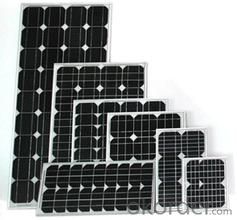
Application
Commercial
Industrial
Residential
Product Feature
12 years quality warranty 25 years performance output.
Free for less than 5 pcs sample requirement
Free to replace or repair or refund if products fail to conform to the PI requirement.
Packaging
28pcs into carton 2carton into pallets 28pallets into a 40ft container
Delivery
After 25 days for manufacturered goods as soon as we received full payment.
After 10 days for stock goods as soon as we received full payment.
- Q: Can solar cells be used for off-grid power supply?
- Yes, solar cells can be used for off-grid power supply. Solar cells, also known as photovoltaic cells, convert sunlight into electricity. These cells can be used to generate electricity in remote areas or locations where the traditional power grid is unavailable or unreliable. Solar panels can be installed on rooftops or in open spaces to capture sunlight and produce electricity, which can then be stored in batteries for use during non-sunlight hours or when needed. This makes solar cells an efficient and sustainable solution for off-grid power supply.
- Q: What is the role of disconnect switches in solar cell systems?
- Disconnect switches in solar cell systems play a crucial role in ensuring the safety and efficient operation of the system. They act as a means of isolating the solar panels from the rest of the system, allowing for maintenance and repairs without the risk of electric shock or damage. Disconnect switches also serve as a protective measure in case of emergencies, enabling rapid shutdown of the entire system to prevent further damage or hazards.
- Q: Are solar cells affected by extreme temperatures?
- Yes, solar cells are indeed affected by extreme temperatures. High temperatures can cause solar cells to degrade and operate less efficiently, resulting in a decrease in power output. Similarly, extremely low temperatures can also reduce the performance of solar cells, although to a lesser extent. Therefore, it is important to consider temperature conditions when designing and installing solar panels to optimize their performance and longevity.
- Q: Can solar cells be used in satellite or space exploration missions?
- Yes, solar cells can be used in satellite or space exploration missions. Solar cells are an efficient and reliable source of electricity that can harness the energy from the Sun in space. They are commonly used in satellites and space probes to power various systems and instruments, as they can generate electricity even in the absence of an atmosphere. Additionally, solar cells offer a lightweight and compact solution for power generation in space, making them ideal for long-duration missions where other power sources may not be feasible.
- Q: How do solar cells affect the electric grid?
- Solar cells can have a significant impact on the electric grid by generating clean and renewable energy. When connected to the grid, solar cells produce electricity during the day, reducing the overall demand for power from traditional sources. This reduces the strain on the grid and decreases the need for fossil fuel-based power plants. Additionally, excess solar energy generated by these cells can be fed back into the grid, providing a source of power for others and contributing to a more resilient and sustainable energy system.
- Q: Can solar cells be used in water purification systems?
- Yes, solar cells can be used in water purification systems. Solar-powered water purification systems utilize solar energy to power the required processes, such as filtration, disinfection, and desalination. Solar cells can generate electricity from sunlight, which can be used to power pumps, UV lamps, or other components of the water purification system. This sustainable and environmentally friendly approach is particularly useful in areas with limited access to electricity or in off-grid locations.
- Q: What is the role of solar cells in powering electric vehicles?
- Solar cells play a crucial role in powering electric vehicles by converting sunlight into electricity. They are typically installed on the surface of the vehicle, such as the roof or hood, and capture solar energy to charge the vehicle's battery. While solar cells alone may not provide sufficient power to fully drive an electric vehicle, they can help extend its range and reduce dependence on the electrical grid.
- Q: How do solar cells impact job creation?
- Solar cells have a positive impact on job creation as they require a skilled workforce for the manufacturing, installation, and maintenance of solar panels. The growing demand for solar energy has created various job opportunities in sectors such as engineering, construction, and clean energy technology, thus contributing to economic growth and employment opportunities.
- Q: What is sun cells technology?
- The history of sun cell can be traced back to 1839, when the French physicist Becquerel Alexander-Edmond discovered the photovoltaic effect (effect Photovoltaic). Until 1883, the first selenium solar cell was made by the American scientist Fritts Charles.
- Q: How efficient are solar cells?
- Solar cells are highly efficient in converting sunlight into electricity, with the most advanced ones achieving an efficiency of around 20-25%. However, the average efficiency of commercially available solar panels is typically around 15-20%.
Send your message to us
Most Efficient Solar Cells:Poly Solar Panel 80W A Grade with 12 Years Warranty
- Loading Port:
- Shanghai
- Payment Terms:
- TT OR LC
- Min Order Qty:
- 100 watt
- Supply Capability:
- 1000 watt/month
OKorder Service Pledge
OKorder Financial Service
Similar products
Hot products
Hot Searches
Related keywords
